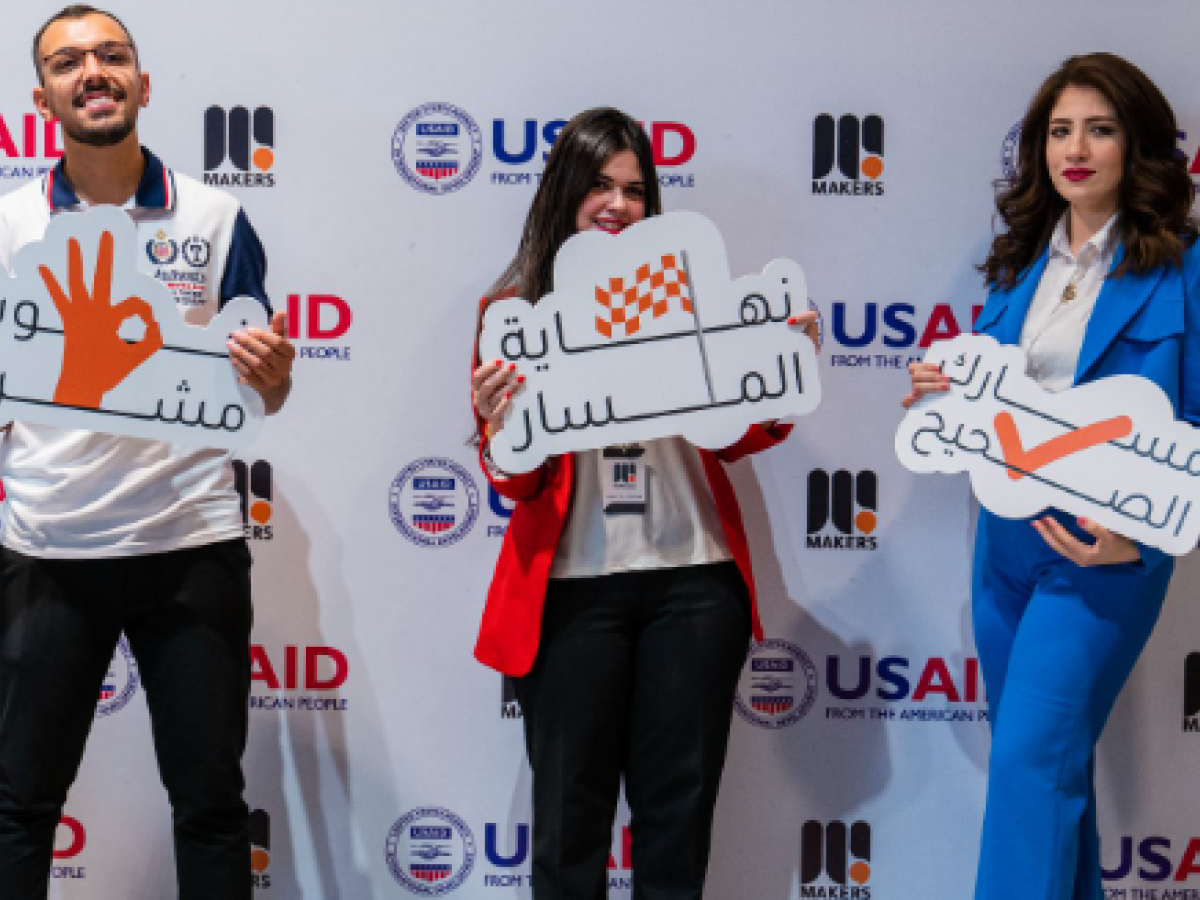SOCIAL INCLUSION IN IRAQ
PROVINCES
Nationwide
OVERVIEW
USAID advances social inclusion through a variety of activities and across development sectors.
GOALS
Accessible and Safe Infrastructure: USAID invests in rehabilitating infrastructure to keep communities safe, provide equitable access to public spaces, and encourage more inclusive participation in economic, social, and political activities, especially by religious and ethnic minorities. USAID equips and furnishes the spaces of public service providers — community centers, schools, and government offices — to improve their accessibility for all.
Supporting Survivors of Violence: Working with community leaders, NGOs, and the humanitarian community, USAID provides life-saving, immediate, and long-term support for survivors of violence, including medical and psychosocial care, legal assistance, vocational and technical training, and community outreach and awareness campaigns.
Livelihood Development and Business Support: USAID supports training and provides small-business grants to help religious and ethnic minorities build skills to find jobs or start their own business, become financially independent, and safely reintegrate into their communities. USAID also promotes women-led small businesses through grants and training on business management, entrepreneurship, and marketing, and offers one-on-one coaching to build their business and plan for growth.
Women in Media: USAID is working to create an enabling environment for women journalists in Iraq. For example, USAID is supporting the Women Journalists for Climate group by providing IT equipment and technical training to 20 women journalists, helping them raise awareness on climate change issues.
IMPACT
- Established the Smile of Hope treatment center in Mosul, which helps survivors of violence committed by ISIS build cases against their attackers within the Iraqi legal system/International Court of Justice.
- Violence prevention, risk mitigation, and response services provided to over 30,000 men and women since 2022, in part by five local CSOs, some led by women.
- Trained over 60 social workers, lawyers, and negotiators in survivor-centered approaches.
- 1,500 women and girls received mental health and psychosocial support; 8,000 received sexual and reproductive health services.
- Provided over 1,000 women survivors of conflict with support to establish or reestablish livelihoods, build business management skills, and restore communal assets.
- Supported the establishment of 3 Women’s Affairs Units in the Kurdistan Regional Government (KRG) to promote equal access to employment and services across the Iraqi Kurdistan Region.

